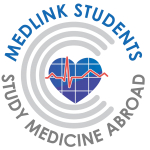
Located in: Turkey
















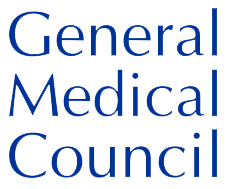





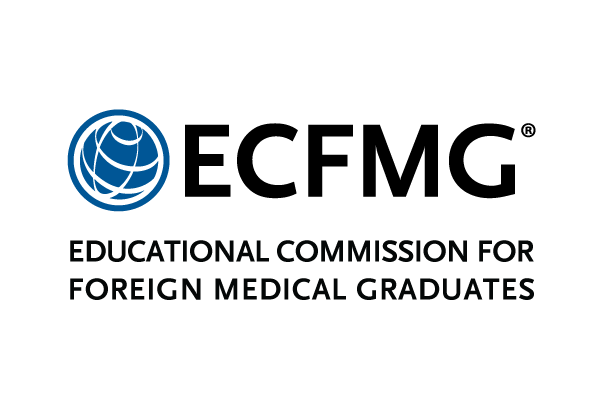



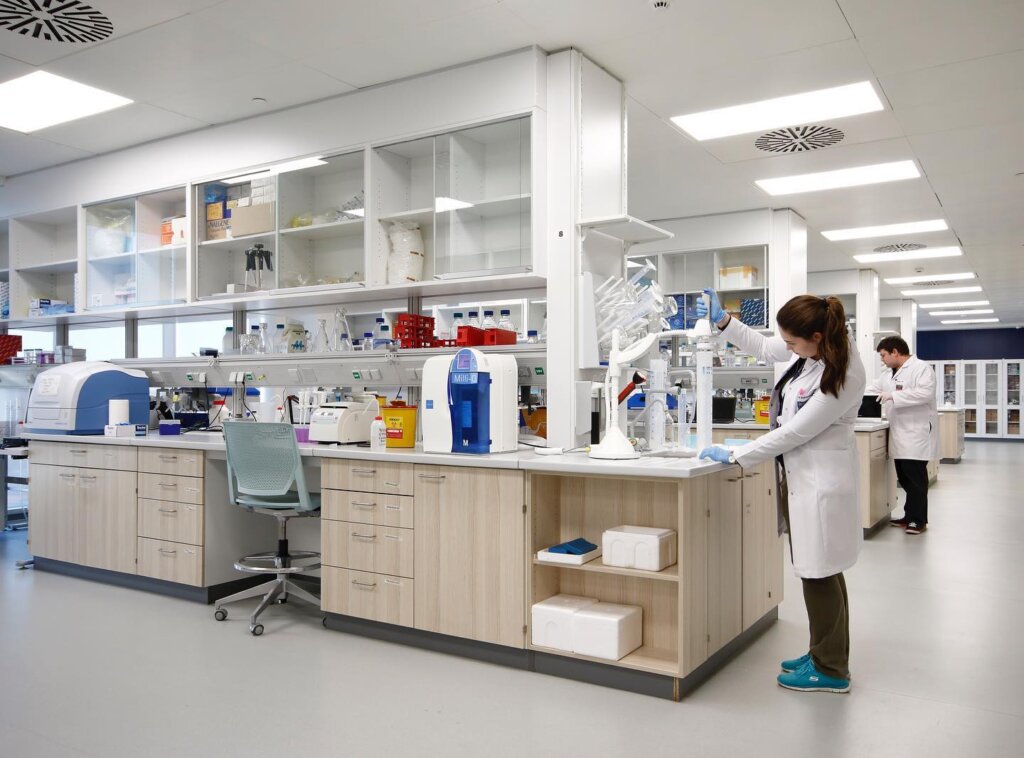

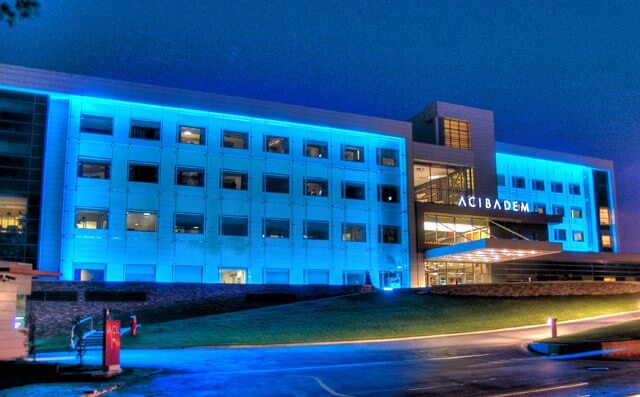

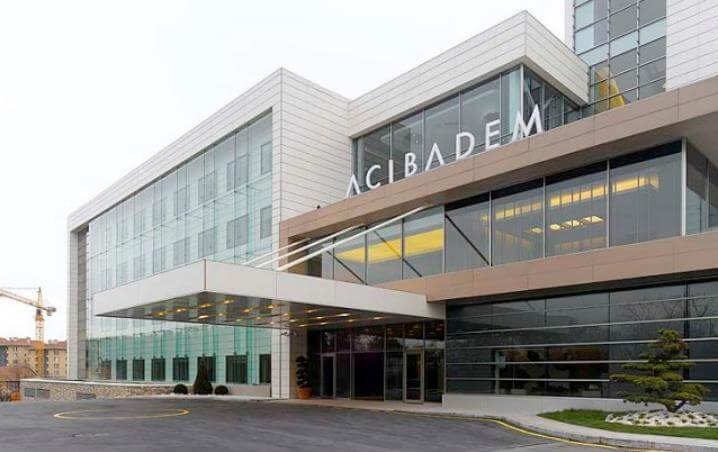

Acibadem University was established in 2007 in Istanbul, Turkey, the largest town in Turkey and Europe in terms of population. Moreover, it is the country's economic, cultural and historic centre. A curious fact about Istanbul is that it’s a transcontinental metropolis with parts in both Europe and Asia, divided by the Bosporus strait.
Acibadem University is solely dedicated to health sciences and comprises the following faculties:
One of Acibadem University’s primary missions is to be a research-oriented university. That’s why they invest in top-notch medical equipment for their laboratories, where students become masters in life sciences and biotechnology fields.
Acibadem University boasts one of the most comprehensive medical training centres in the world – CASE (Center of Advanced Sımulation and Education). It consists of Clinical Simulation and Advanced Endoscopic / Robotic Surgery Training departments. With its remarkable medical simulation modalities and technological infrastructure, CASE provides students with advanced training in disciplines such as laparoscopy, robotic surgery, and dissection training.
Are you still wondering if you should apply to Acibadem University? Consider the following solid reasons why you definitely should:
There’s no graduate entry route here, but students transfers are accepted. Dental medicine courses in English are also not available for now.
The university is located at Kayışdağı Cad. No:32 Ataşehir, Istanbul.
Research and science have a strong pull on university life, and curious students can effortlessly participate in various projects and programmes. In fact, fourth and fifth-year students lead some of the projects, so bright minds with ideas are always welcome at the university.
In addition, Acibadem University hosts countless national and international events. Future doctors can attend seminars, conferences, and guest lectures. They cover topics ranging from the latest neurologic research to the benefits of laughter yoga.
Furthermore, students can join over 40 clubs at Acibadem University. Some organisations are medicine-related such as the Forensic Sciences and Criminology Club or the Scientific Research Society. Other clubs focus more on hobbies, interests, sports, arts, and recreation. In the end, everyone can find like-minded people at Acibadem and get involved in events and activities.
Last but not least, aspiring doctors can take care of their physical fitness at the University Sports Center. The facility includes an indoor track, gym, semi-Olympic swimming pool, squash court, and a basketball field. In addition, there are qualified training instructors who can help with exercise programmes and pilates classes.
All the programmes below are taught in English, and their tuitions fees per year are as follows:
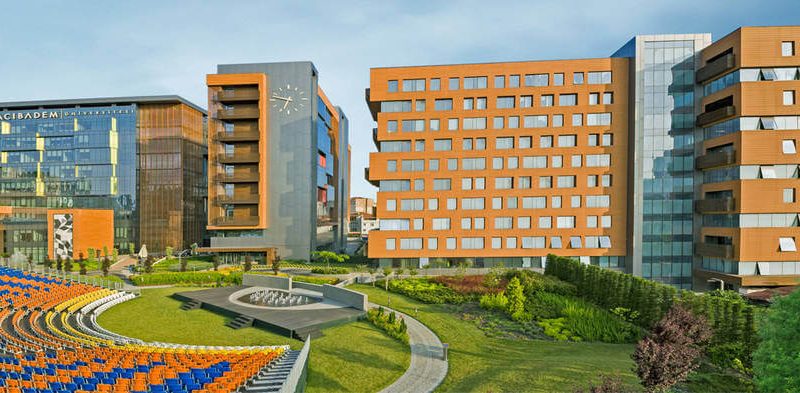

The admission period is between February – August every year. There’s no entry exam in Biology, Chemistry, or any subjects related to those two. However, you must have scored enough in one of the following exams or diplomas:
| Diploma/Exam | Minimum Score |
|---|---|
| SAT (Scholastic Aptitude Test) | SAT (Evidence-based Reading/Writing/Math) – 1400 total score |
| GCE A Level | 3 A-levels, with minimum A grades |
| ACT | 30/36 |
| International Baccalaureate | 35/45 |
| Matura | 1.8/5 |
| French Baccalaureate | 17/20 |
| Abitur | 1.8/4 |
You can also apply with your national high-school diploma. You must have at least 90/100 for medicine and at least 60/100 for other programmes.
You will also have to provide an English proficiency certificate. You must take the University’s English test if you don't have one.
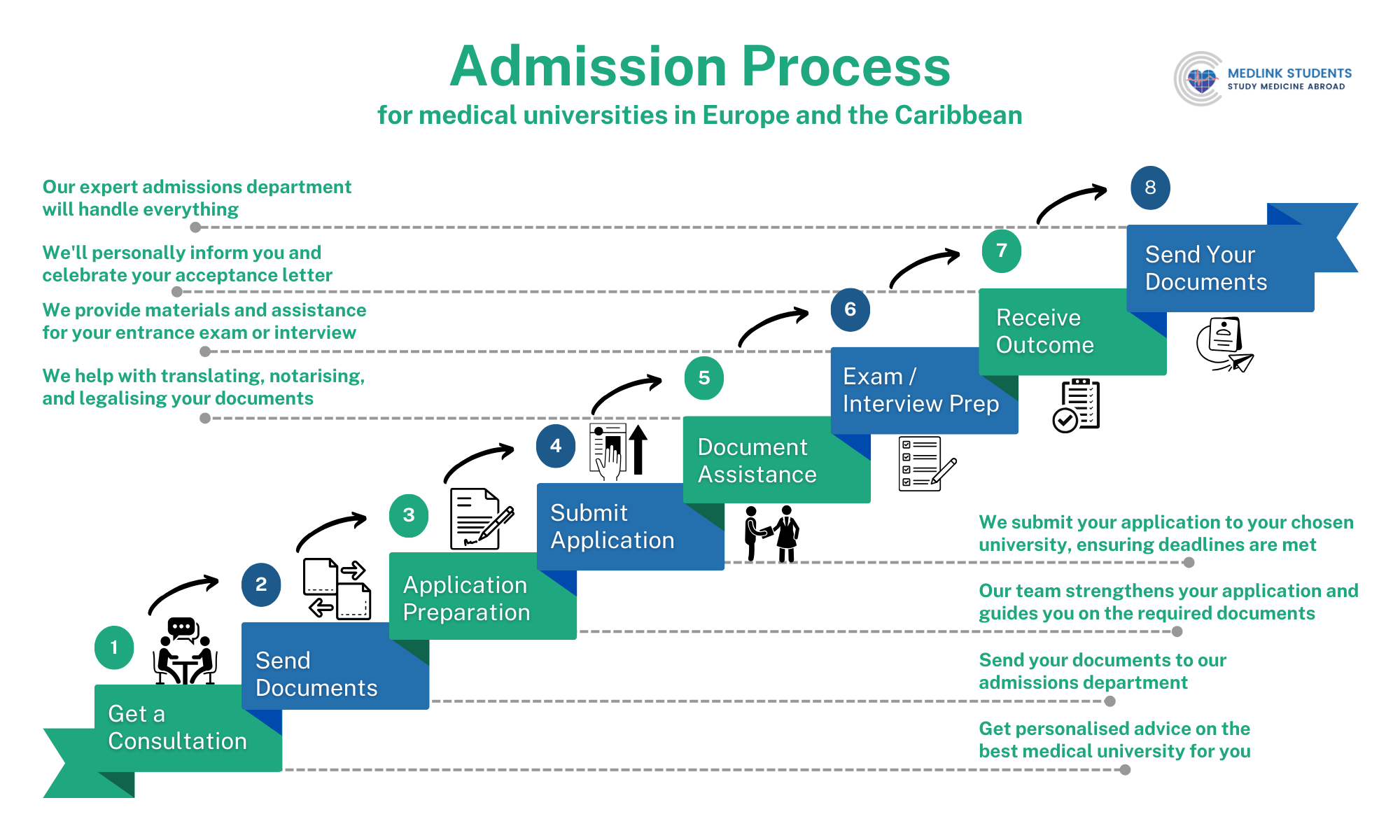

Acibadem University does not require an entrance exam for application, leading to intense competition to get admitted. Your application's strength and previous academic record play a vital role in determining your success. Additionally, the admission process is complex and rigid, with strict prerequisites and legal procedures set by the university. These include submitting specific documents that need to undergo translation, notarisation, and legalisation. Failure to meet these requirements will result in application rejection. However, you don’t have to face this challenge alone. You can rely on our admissions experts at Medlink Students, known to be the best in Europe, to handle your entire application process. Our collaboration with the university provides us with a thorough understanding of their application system, enabling us to expertly manage all required legalities on your behalf. By choosing us, we guarantee a strong application that sets you apart from your peers, which will guarantee your acceptance to the prestigious Acibadem University. With our support, you can avoid the confusing aspects of applying to a medical school abroad and concentrate on what truly matters – your future medical studies.
We can ease your application process, support you throughout your education, and help you practise as a doctor in the UK.
The Acibadem University in Istanbul is recognised worldwide (GMC included) and presents many career opportunities in the realm of health sciences.
This medical school's curriculum includes more than 5,500 hours of lectures and clinical rotations. This is the GMC's minimum required hours to be eligible to register as a doctor in the UK & Ireland. Graduating here will also grant you the right to apply for residency in the US, Canada, Australia, and worldwide.
It's listed on the World Directory of Medical Schools and recognised by the World Health Organisation.
Acibadem University offers student accommodation in its dormitories close to the campus. There’s a girls' dormitory with a total bed capacity of 260. Most rooms have 3 beds, but there are a couple of 4-bed rooms. The boys’ dormitory comprises 72 double rooms, amounting to 144 beds. Every room has everything essential to make you feel at home, including air conditioning, desks, TV, and Internet.
The accommodation fee covers breakfast served every weekday in the university cafeteria. Cleaning services are performed regularly by facility management. There are 24/7 laundromats, and the reception is available 24/7 to accommodate your needs.
Since securing a dormitory room might be a tough challenge, you might also consider renting a one-bedroom flat. Apartment prices are fairly low, ranging from to per month. Add per month for other living expenses, and you will know how much it would cost to study in Istanbul.
As for free time, it’s needless to say that it would be impossible to get bored in Istanbul. You can never get enough of Istanbul; there’s everything for everybody. It’s a town with rich cultural traditions and history, depicted in numerous museums, palaces, monuments, mosques, and churches. If you like shopping, try the local markets, or the Grand Bazaar, comprising more than 5,000 shops! Istanbul also has a vibrant nightlife, with hundreds of clubs where DJs or bands play. Because it’s a huge town, there’s a high chance you'd get to see your favourite artists touring here.
Straddling two continents, Istanbul has two thousand years of history as the centre of the world and the capital of the Roman and Ottoman empires. With 12 million inhabitants, it seems the city hasn’t lost any of its allure and lustre in the past century but only gained more of it.
International explorers are often amazed by the size of the city and all its consequences of it. For example, the European and Asian parts of Istanbul get different amounts of rain due to the hills in the West. However, both get the characteristic morning fogs, which are, by the way, a local trademark and a perfect complement to a hot cup of coffee.
Furthermore, the European part of the city contains the Fatih district - the territory occupied by old Constantinople. It has many historical landmarks, such as the Hagia Sophia, the Topkapi Palace, the Yildiz Palace, and the Grand Bazaar.
While the Asian part of Istanbul has fewer landmarks, mainly from the Ottoman period of the city, it probably has better seaside life. Anatolian Istanbul is also a much greener and more peaceful area.
As far as recreational activities are concerned, both parts of the city have plenty to offer. Shopping, bars, and restaurants are such a massive part of local life that whole districts are dedicated to them, such as the Grand Bazaar, Spice Bazaar, and Bagdat Street.
In addition, the city has some spectacular parks, excellent for recreation. Topkapi Palace, for example, used to be the palace of the Ottoman sultans, but it has been turned into a park since the times of the Turkish Republic. Another worthy mention is the Princes’ Islands off the coast. They used to be places of exile for diplomatic figures in the past but now serve as parks to relax away from city life.
The fall semester usually starts in mid-September and lasts until around 20th December. You have your examination session two or three days later, which lasts until the 25th of December. Winter break is usually from 30.12 until 10.01 next year.
The spring semester begins in mid-January and lasts until the end of April. You have your spring session exams at the beginning of May. Then you have a short summer semester which lasts 1 month, in June, followed by a short examination period of 2 days.










The university is located in Istanbul, Turkey. The city straddles the Bosporus and lies both in Europe and Asia. The address is Kayışdağı Cad. No:32 Ataşehir, Istanbul.
Yes. Transfers are possible for medical students.
No. Fast track medicine is not possible at this medical school.
Tuition fees for medicine are . Pharmacy costs .
The university's medical graduates get international recognition of their degrees. The World Health Organisation recognises it through its World Directory of Medical Schools. In addition, the UK General Medical Council also recognises the university.
Yes. You can study medicine and pharmacy in English.
Yes. The university has 6 graduates registered with the UK General Medical Council.
No, there is no entrance exam.
The university requires high secondary school grades. In addition, they require A Levels or equivalent scores of CC.
The Autumn semester starts in mid-September.
It is a private university.
The university has one of the most comprehensive training centres in the world. In addition, students get easily involved in various research programmes at the school’s labs. Last but not least, aspiring doctors can join over 40 student organisations on campus and use a state-of-the-art sports centre.